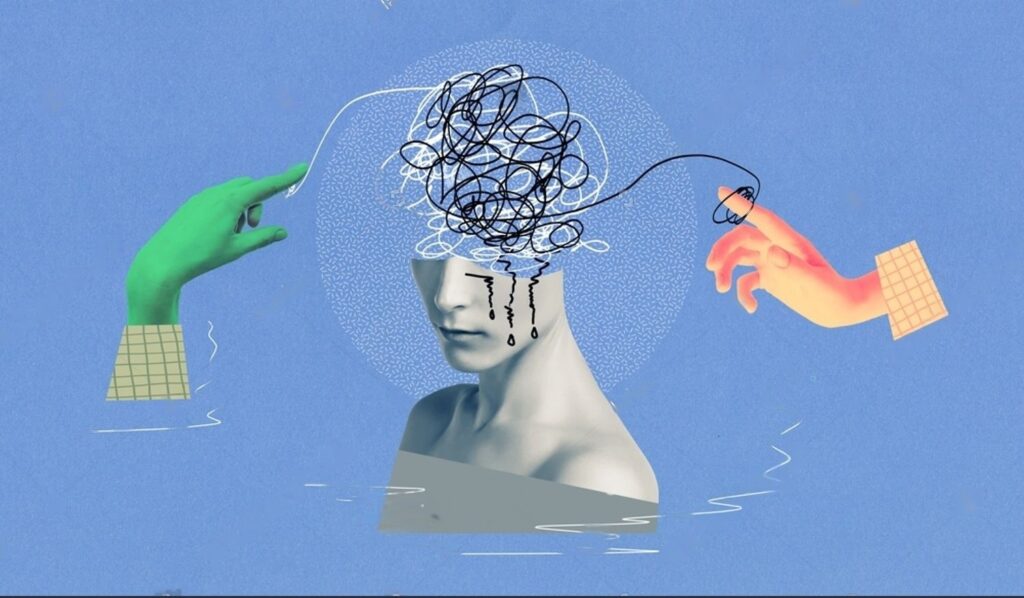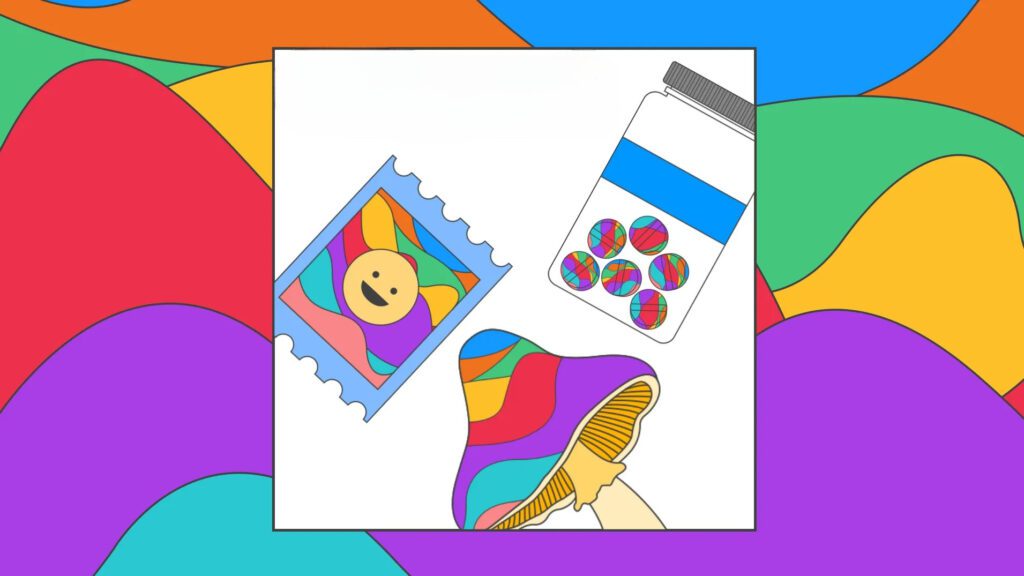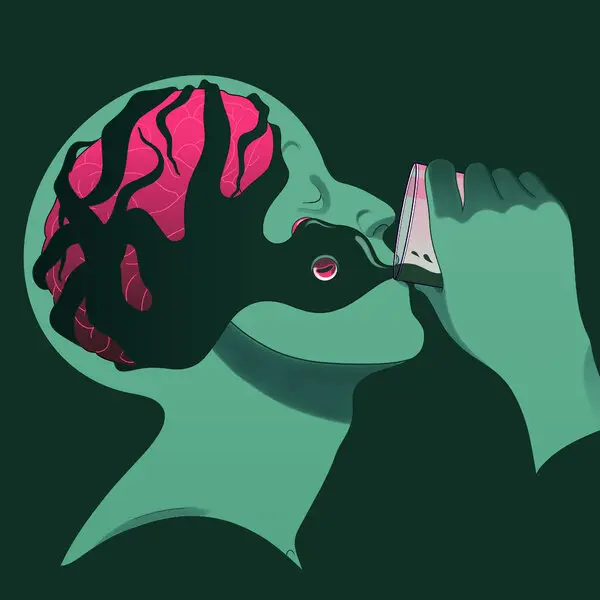
What Are Psychedelics?
Psychedelics are a class of psychoactive substances that alter cognition, perception, and mood. Notable psychedelics include LSD (lysergic acid diethylamide), psilocybin (the active compound in magic mushrooms), and MDMA (3,4-methylenedioxymethamphetamine). Unlike traditional medication that often produces straightforward, linear effects, psychedelics induce complex sensory and emotional experiences. These substances are now being explored as potential treatments for a variety of mental health issues.
How Do Psychedelics Work?
Psychedelics primarily affect the serotonin receptors in the brain, particularly the 5-HT2A receptor. This interaction impacts various brain circuits, resulting in altered neural connectivity and an enhanced ability for patients to engage with and process their thoughts and emotions. Research suggests that these substances can reset entrenched patterns of thinking, often enabling individuals to break free from cycles of despair or addiction.

Psychedelics and Mental Health
Benefits for Depression and Anxiety
One of the most compelling bodies of research on psychedelics focuses on their efficacy in treating depression and anxiety. Administered in controlled therapeutic settings, psychedelics like psilocybin and MDMA have shown promising results:
1. Altered Perspectives: Patients often report experiencing a profound shift in how they view their problems, leading to newfound clarity and reduced emotional distress.
2. Enhanced Emotional Processing: Psychedelics can help individuals process traumas or emotions that have previously been difficult to confront, resulting in emotional healing.
3. Increased Neuroplasticity: Psychedelics promote neuroplasticity, allowing the brain to form new connections and improve overall mental adaptability.
4. Improved Contextual Understanding: Users often gain insight into the root causes of their mental health struggles, fostering self-compassion and understanding.
Research Findings
A systematic review of clinical trials demonstrates a significant drop in depression and anxiety scores post-treatment with psychedelics. For instance, research has shown that:
– Psilocybin therapy results in a 70% reduction in depression and anxiety symptoms among patients with life-threatening cancer diagnoses.
– MDMA-assisted therapy has shown 56% of participants retain significant reductions in PTSD symptoms for over a year after treatment.

Psychedelics and Addiction
Mechanisms of Action in Addiction Recovery
Psychedelics also present a promising avenue for addressing addiction, which is often rooted in trauma and deep-seated psychological issues. They may facilitate recovery through several interconnected mechanisms:
1. Dissolution of Ego: The experience of ego dissolution can give individuals a new perspective on their addiction, often leading to a significant change in their understanding of self.
2. Enhanced Insight: Addiction is often accompanied by denial and avoidance. Psychedelics enable users to confront uncomfortable truths about their addictive behaviors, catalyzing pathways toward change.
3. Community and Connection: Many treatment programs involving psychedelics place a strong emphasis on connectedness, helping individuals feel less isolated in their struggles, which can be crucial for recovery.
4. Reduced Cravings: Initial studies have suggested that psychedelics help users manage and reduce cravings through brain pathway modulation.




